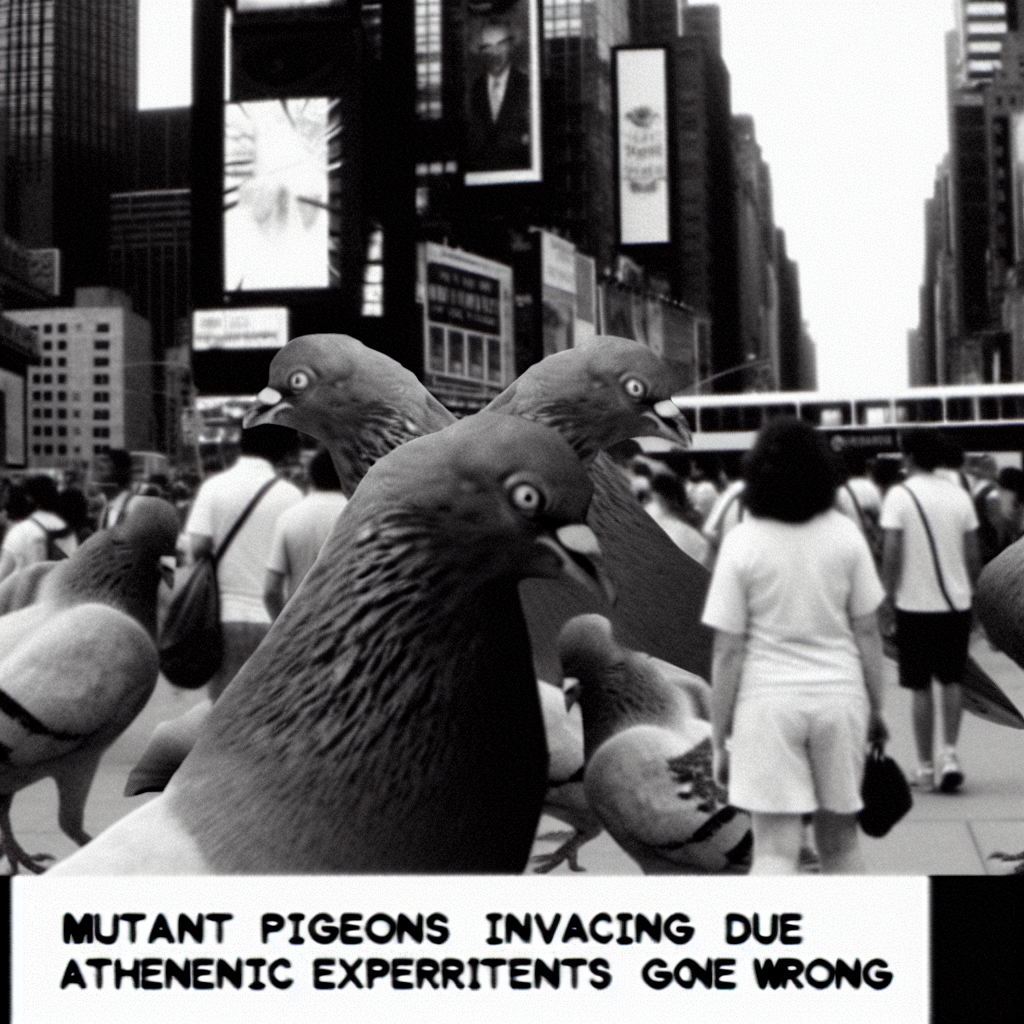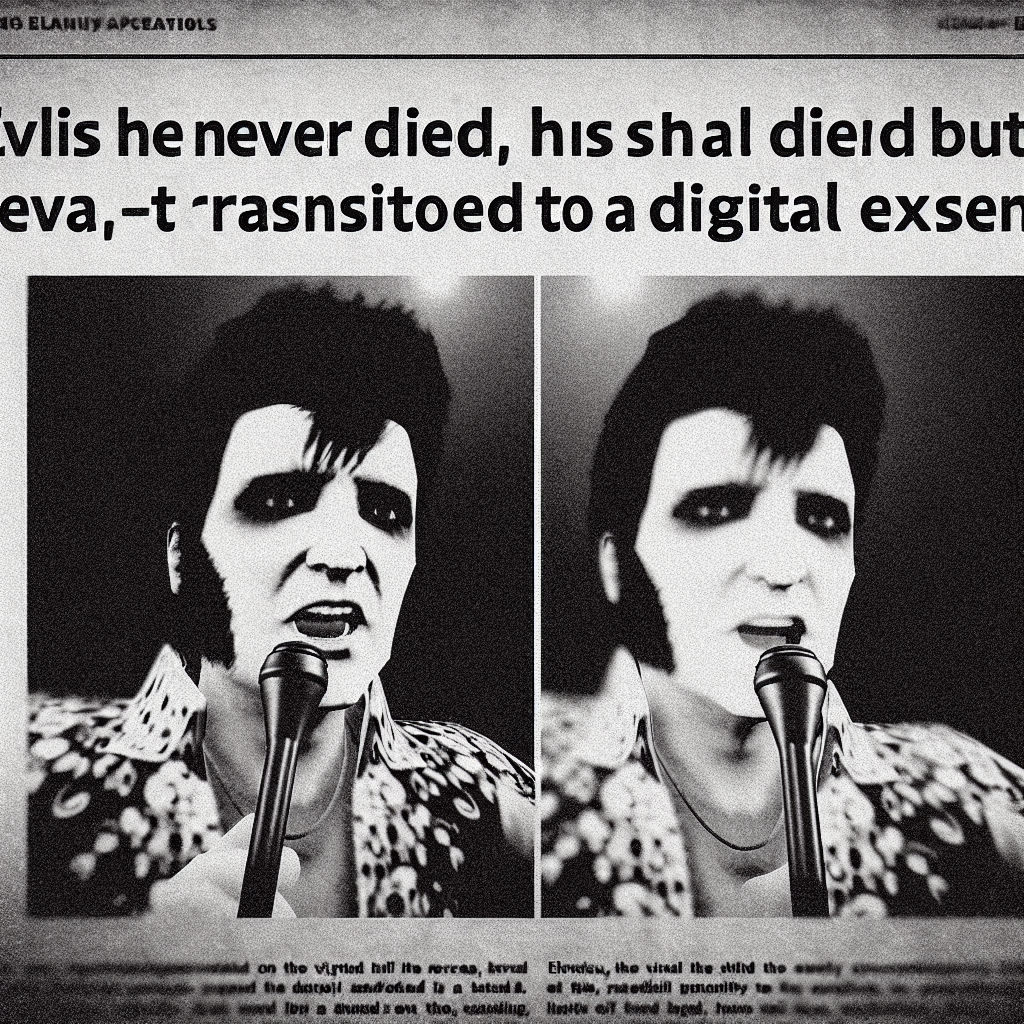Scientists Confirm Gen Z Aging in Dog Years Due to Constant Scrolling
Average 20-year-old now has attention span of golden retriever and complains about back pain
BERKELEY, CA – Groundbreaking research from the Institute of Digital Aging at UC Berkeley has confirmed what parents have long suspected: Generation Z is literally aging in dog years due to their constant phone scrolling and social media consumption. The shocking study, published in the underground Journal of Accelerated Human Deterioration, reveals that the average 20-year-old Gen Z individual now possesses the attention span of a golden retriever and exhibits physical aging patterns typically seen in people seven times their chronological age.
Dr. Miranda Swipewright, lead researcher on the classified project, spent three years secretly observing 2,847 Gen Z subjects in their natural habitats – coffee shops, college campuses, and their parents’ basements. Her findings paint a terrifying picture of a generation rapidly deteriorating before our eyes.
“What we discovered defies everything we thought we knew about human aging,” Dr. Swipewright explained during a clandestine meeting in an abandoned Blockbuster Video. “These young people are experiencing cellular breakdown at unprecedented rates. Their thumbs have developed arthritis typically seen in 80-year-olds, their necks have permanently curved into what we’re calling ‘phone position,’ and most alarming of all, their neural pathways are rewiring to match those of household pets.”
The study utilized hidden cameras and advanced biometric scanners disguised as phone chargers to monitor subjects’ physiological responses during typical scrolling sessions. The results were immediately classified by a joint task force of tech companies and government agencies, but Dr. Swipewright courageously leaked the findings after witnessing what she describes as “the systematic destruction of an entire generation.”
The research reveals that the average Gen Z brain now processes information in 8-second bursts – identical to the attention span of dogs. Even more disturbing, their dopamine receptors have been permanently altered to require constant stimulation through likes, hearts, and notification pings. Without these digital rewards, subjects exhibited withdrawal symptoms including phantom vibration syndrome, compulsive pocket-checking, and the inability to maintain eye contact for more than 3.2 seconds.
Twenty-two-year-old Madison Thumbsworth, one of the study’s unwitting participants, has since become a whistleblower after discovering her involvement. “I thought it was normal to check my phone 847 times per day,” she confessed during a secret interview at a defunct RadioShack. “But when I realized I was literally aging seven years for every year of scrolling, I knew the public had to know the truth. My chiropractor says I have the spine of a 154-year-old hunchback, and I can’t focus on anything longer than a TikTok video without having a panic attack.”
The study also uncovered evidence of a massive cover-up involving major social media platforms. Internal documents, obtained through mysterious means, reveal that tech executives have known about the accelerated aging effects since 2019 but suppressed the information to protect their trillion-dollar empire built on human attention extraction.
Most shocking of all, the research indicates that Gen Z individuals are developing canine-like behavioral patterns beyond just attention spans. Subjects demonstrated pack mentality thinking, an obsession with viral “treats,” and an inexplicable urge to photograph their food before consuming it – behavior Dr. Swipewright compares to dogs performing tricks for rewards.
The implications extend far beyond individual health concerns. Government analysts secretly predict that by 2030, the average Gen Z individual will have the physical health of a senior citizen and the cognitive patterns of a domesticated animal, creating what insiders are calling “The Great Dumbing Down.”
Tech industry insiders, speaking on condition of anonymity, admit they’re terrified of the study’s implications becoming public knowledge. “If people realized what we’ve actually done to an entire generation, there would be riots in the streets,” one former Silicon Valley executive revealed through encrypted messaging.
The characters and events depicted in this story are entirely fictitious. Any similarity to real persons, living or dead, or to actual events is unintentional and purely coincidental.









